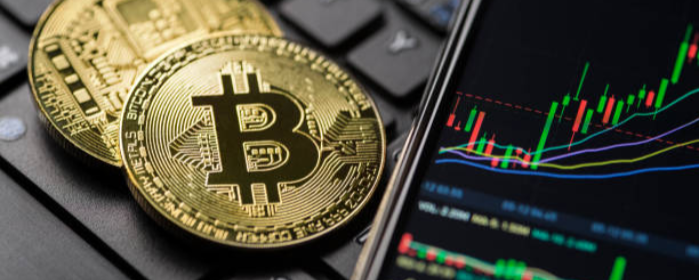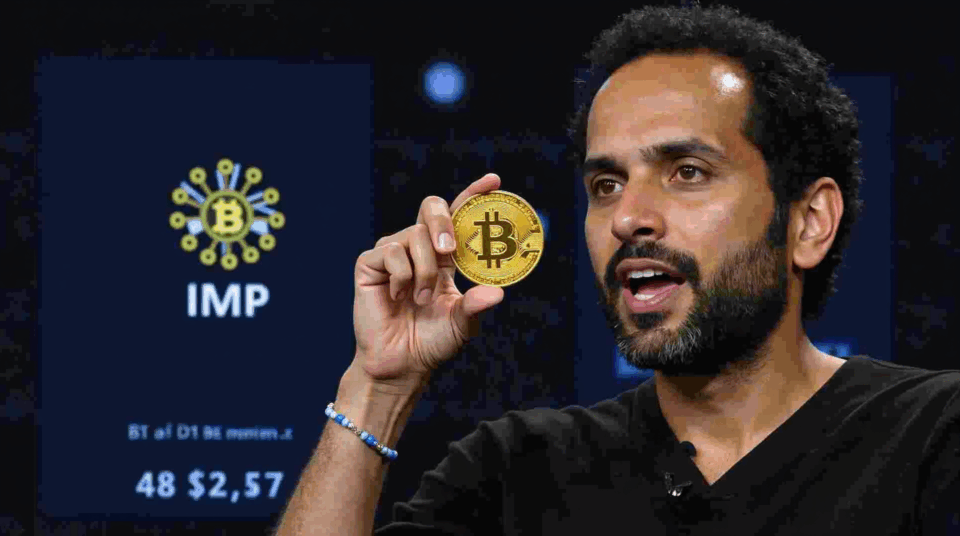The IMF states that El Salvador has not purchased more Bitcoin since February 2025, while the Salvadoran government announces recent acquisitions, creating a clash of versions. This conflict affects investors and the credibility of financial agreements, keeping the discussion on compliance with financing-linked conditions alive.
Context and Impact – El Salvador and Bitcoin
The $1.4 billion loan, signed in December 2024, included conditions to reduce Bitcoin-related activity, according to the IMF. The institution maintains that no purchases have been made since February 2025, while the National Bitcoin Office reported subsequent acquisitions. This raises questions about transparency and technical compliance with the clause, according to available reports.
The strategy began when Bitcoin was declared legal tender in September 2021, and since then the government has maintained an active market stance. President Nayib Bukele stated that he acquires 1 BTC per day, and the reserves were divided into 14 wallets to mitigate technological risks, such as future quantum computing.
As of September 2025, El Salvador holds more than 6,313 BTC, valued at approximately $702 million, according to official communications. The coexistence of public statements and contrasting IMF versions complicates risk assessment for counterparties and derivatives markets that track official purchases.
Implications
The discrepancy between IMF and National Bitcoin Office versions affects multiple market participants:
Reputational and credit conditionality risk: The perception of non-compliance could strain the relationship with the IMF and affect financing terms.
Treasury exposure: Holding 6,313 BTC implies high sensitivity to volatility, and wallet management and technical security are critical for custodians and auditors.
Signal for traders and derivatives: Official purchase or cessation announcements influence flow expectations and perpetuals and futures markets.
Regulatory framework: The case could serve as a reference for regulators on limits for state crypto purchases.

Conclusion
The discrepancy over whether El Salvador continued buying BTC after February 2025 persists between the IMF and the National Bitcoin Office. The $1.4 billion loan was signed in December 2024, and according to official data, the country holds more than 6,313 BTC ($702 million) in reserves. The outcome affects investor perception and the credibility of financial agreements.

